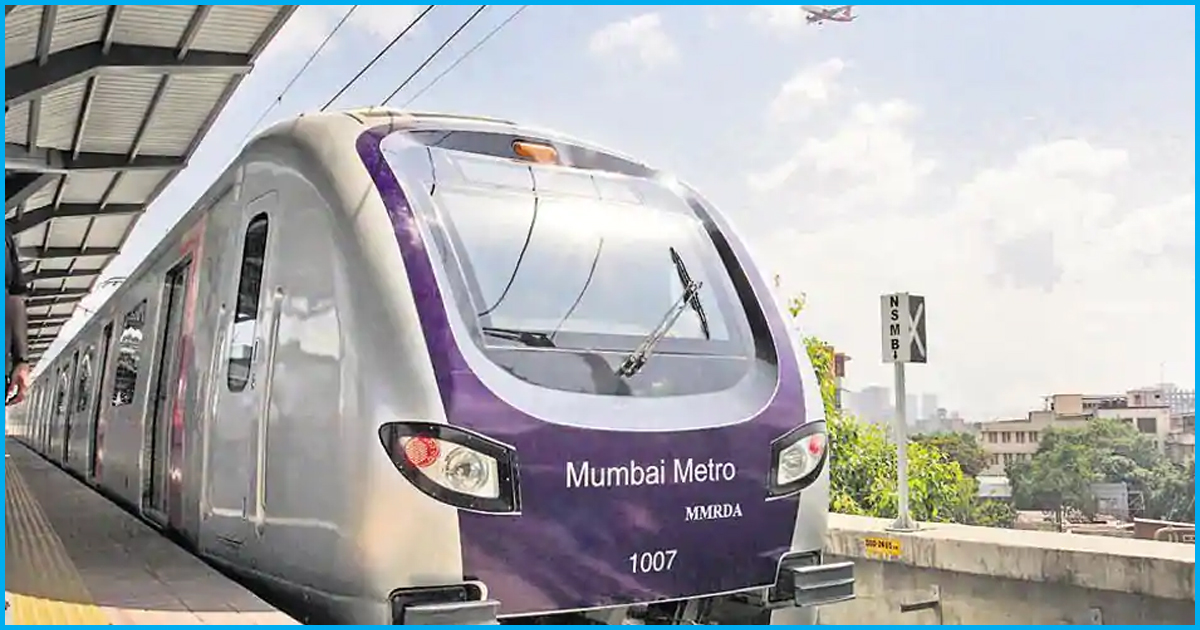Looking at some of my earlier RTI battles I still remember an interesting aspect of Public-Private Partnerships. As an Information Commissioner, I had come across many instances where public-private partnerships(PPP) clearly refused to accept that they were public authorities and hence subject to RTI. Some of these agreements were scandalous and when I would order them to give information – since they were either controlled by the government or substantially financed by them – they would often get stays from courts. In one case the government department officially confirmed that they had no copy of the agreement. The Central Information Commission sent a letter to the government in 2011 that it should include a clause in all PPP agreements that both parties acknowledged that these entities were public authorities and hence subject to RTI. Unfortunately, at that time the government refused to do this.
After retiring I filed an RTI application with Mumbai Metro One Private Limited since I was aware that the government had 26% equity in it. They refused to provide information claiming that it was a private company and not a public authority. I approached the Maharashtra Information Commission which gave a clear order that it was a public authority and hence subject to RTI. I then obtained the agreements, bid documents and other information.
These revealed a fascinating story. The private company is Reliance Infra, owned by Anil Ambani, which got the right to make and operate the Metro after a competitive bidding. Reliance had committed that the project cost would be 2356 crores and it would be finished within 60 months. It actually took 83 months and Reliance claimed that the project cost had gone up to 4321 crores;- an increase of 83.4%. In the agreement, it was committed that the fare would be Rs. 6 to 10 notionally for 2004 with an 11% increase every four years. By that calculation, the fare should be Rs. 9 minimum and Rs. 15 maximum in 2020. There is no clause in the agreement for any other increase due to any cause. It appears to be a well-crafted agreement.
One of the key reasons for having PPP projects is said to be to get finance and expertise. In this project, Government gave 650 crores as ‘Viability Gap Funding’, land worth about 600 crores and Rs. 132 crores as equity. Thus, the total amount given by the government was about 1382 crores plus monopoly rights. Reliance contributed only 380 crores as equity. The rest came as loans mainly from public sector banks. The equity share is 74% Reliance and 26% government.
However, the fare is currently Rs. 10 to Rs. 40. Reliance claimed that since the investment has gone up, this too is unaffordable and the fare should be Rs. 10 to Rs. 110 as decided by a wise Fare Fixing Committee. Reliance claims it is losing 1 crore rupees per day. The original agreement is for Reliance to build and earn for 30 years after which it should be handed over to the government. The way this is going it appears the government will probably give a subsidy to this project, or organize a loan waiver from all the banks and give the entire project to Reliance permanently, instead of 30 years. It is also possible that all three may be done.
An international consultant ‘Louis Berger’ was appointed in May 2013 by MMRDA, the government agency, to evaluate the increased costs and delays claimed by Reliance. It gave a report at the end of April 2014 stating that most of the claims for the increase in project costs or fares by Reliance were untenable and the government should not accept them. It has clearly stated that most of the delays were due to Reliance and many costs had been grossly underestimated when bidding by Reliance.
As one example, when bidding Reliance had estimated the cost of the car depot as 46 crores but claimed that it spent 322 crores. The agreement did not have any provisions for cost escalations and yet a Fare Fixing Committee has recommended a fare structure of Rs.10 to Rs. 110. It is clear that at such a fare the ridership would go down significantly making the project completely unviable. Reliance had given a business plan when it bid for the project. It is apparent that the cost estimates and the business plan were not even reasonably correct. Since Reliance contribution is less than 10% of the stated cost, the government has to make it work, unless it has the courage to take it back.
Many of us have suspected that most PPP projects result in public resources being handed over to private businesses for a song. It is also believed that private parties often gold plate the project. If the business plan works well the business makes great profits, if it does not the public loses. This is the classic ‘heads I win, tails you lose.’ This article is not about Reliance or any particular government. My perception is that the government agency,-MMRDA,- has made a valiant attempt to defend public interests, but is unlikely to succeed ultimately. In such PPP agreements, public resources are being given away almost as gifts to private business. The real loser is the poorest farmer in Vidarbha or the tribal in Gadchiroli whose resources are being given away as gifts.
Is the design of our PPP agreements flawed? Or is this the consequence of a legal-judicial system which favours the powerful? I concede that the argument against PPPs has been lost a long time back. But it should be the endeavour of everyone in our nation to come up with agreements where the public’s interests are safeguarded and the tendering system becomes meaningful. In many cases vital changes are made subsequently, making the tendering process a farce. I am hoping the government will at least make it mandatory that all PPP projects will be in RTI. They are public authorities as per the law, but take advantage of our dysfunctional legal system. Perhaps citizens will better monitor such projects far better than the government agencies.
– Shailesh Gandhi, Former Central Information Commissioner
Source: Complaint Under Section 18 TO MMRDA, Louis Berger Report
Note: Reliance has a French company as a partner which has a small stake.











